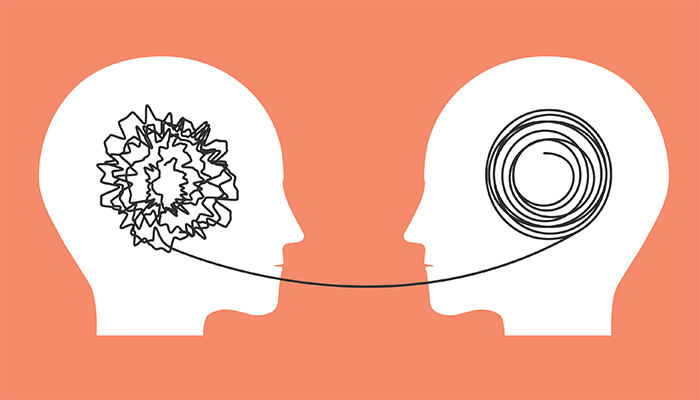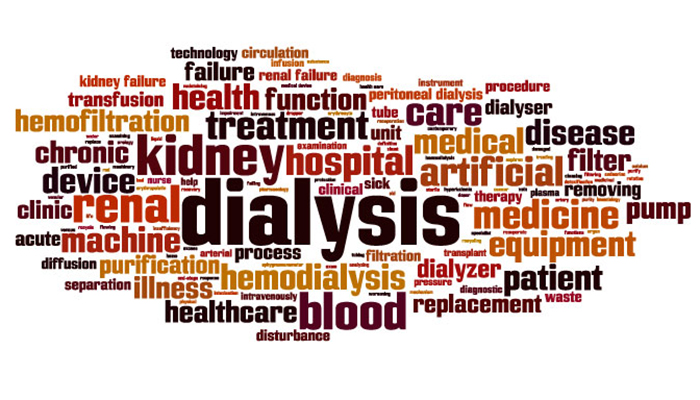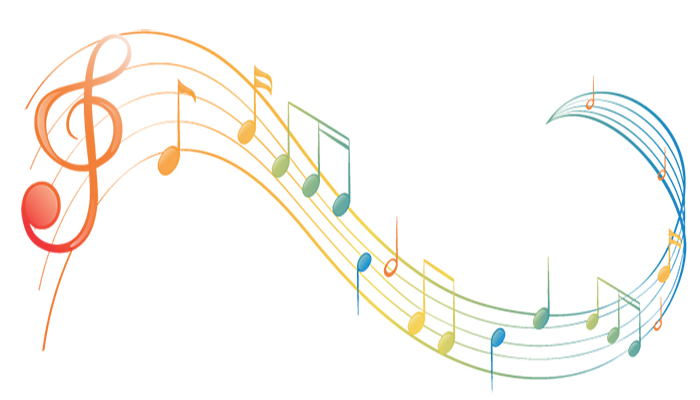Coping with another person’s pain
When your family member is in pain, you are suffering, too. The “mirror neurons” in our brains are programmed to recognize pain in others. That’s good news in that it arouses compassion and spurs us to action. But it can be bad news, too. When you are highly attuned to a loved one’s pain, you…
Read MorePlanning to “retire” from driving
Did you know that we usually outlive our ability to drive safely by six to ten years? As we age, we naturally modify how we drive to address physical changes: Stiff joints, poor vision, slow reflexes. But a time will come when it’s simply unwise to continue behind the wheel. We do plenty of planning…
Read MoreWhat is a daily money manager?
A financial advisor manages investments. A daily money manager (DMM) is someone who comes to the home once or twice a month to handle the mundane aspects of personal finances: Paying monthly bills (but your loved one signs the checks). Balancing the checkbook. Navigating health insurance claims. Resolving billing errors. Tracking donations. Organizing paperwork. Gathering…
Read MoreThe decision to stop dialysis
Dialysis is life sustaining yet also quite taxing for the patient. About 25% of people who choose dialysis later decide to stop. Typically, this is because the burdens of this kidney disease treatment have severely reduced their quality of life. The tradeoff becomes no longer acceptable. Ending dialysis is essentially a decision to let nature…
Read MoreLearning to forgive yourself
According to psychologist Rick Hanson, PhD, we all have an inner critic and an inner protector. Together they help us maintain a balanced perspective. But too often as family caregivers, we have an overload of guilt, shame, and remorse, always feeling our performance is subpar, that we haven’t done enough. This is not healthy. The…
Read MoreThe healing power of music
Can listening to calming music actually ease pain? Can singing silly songs make you happier? Researchers say this isn’t just a folktale—it represents some of the measurable effects of music on the mind and body. Although it’s not yet clear exactly how music works its magic, studies show that it is strong medicine, both in…
Read MoreAge-friendly exteriors
When imagining an age-friendly house, many people think of ramps for wheelchairs and walkers. Indeed, ramps are essential—if and when they are needed. There are, however, modifications for the outside of a home that simply make daily life and basic maintenance easier. They help prevent falls by addressing the common conditions of arthritis, poor eyesight,…
Read MoreDealing with criticism
Receiving criticism is never a pleasant experience, especially from family members. Whether it is a sibling griping about how you care for a relative or complaints from the person you are caring for, you may feel suddenly flooded with difficult emotions. Perhaps anger, shame, or confusion. We can’t stop others from giving criticism. But we…
Read MoreWhat is a Medicaid spend down?
There are two forms of government health insurance: Medicare. Basically, age-based insurance for older adults (age 65+), regardless of income and assets. (Assets include money and belongings, such as a house or car.) Medicaid. Income-based insurance funded with federal and state dollars. (The state where your relative lives may have a name different than “Medicaid.”)…
Read MoreBladder issues
If making it to the bathroom in time is a frequent concern for your relative, they may have an overactive bladder. More than 33 million Americans contend with this condition, in which misfiring nerves cause the bladder muscles to contract involuntarily. Your loved one may be too embarrassed to bring it up with the doctor,…
Read More








